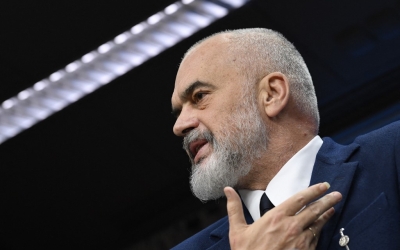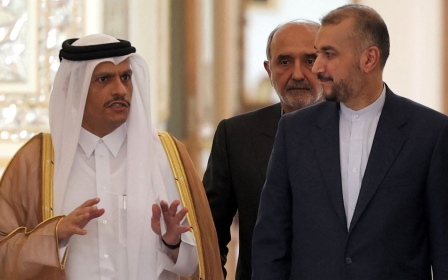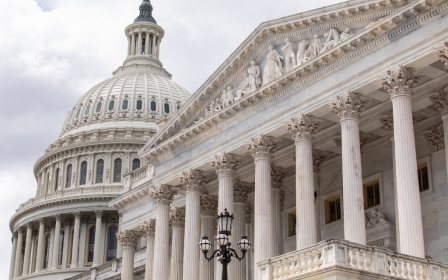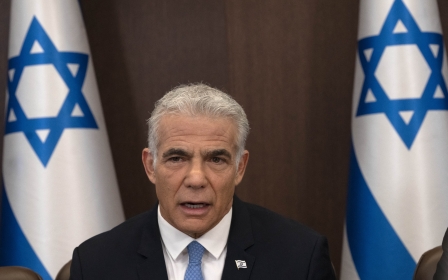Iran nuclear: No new deal before US midterms, predicts Israel
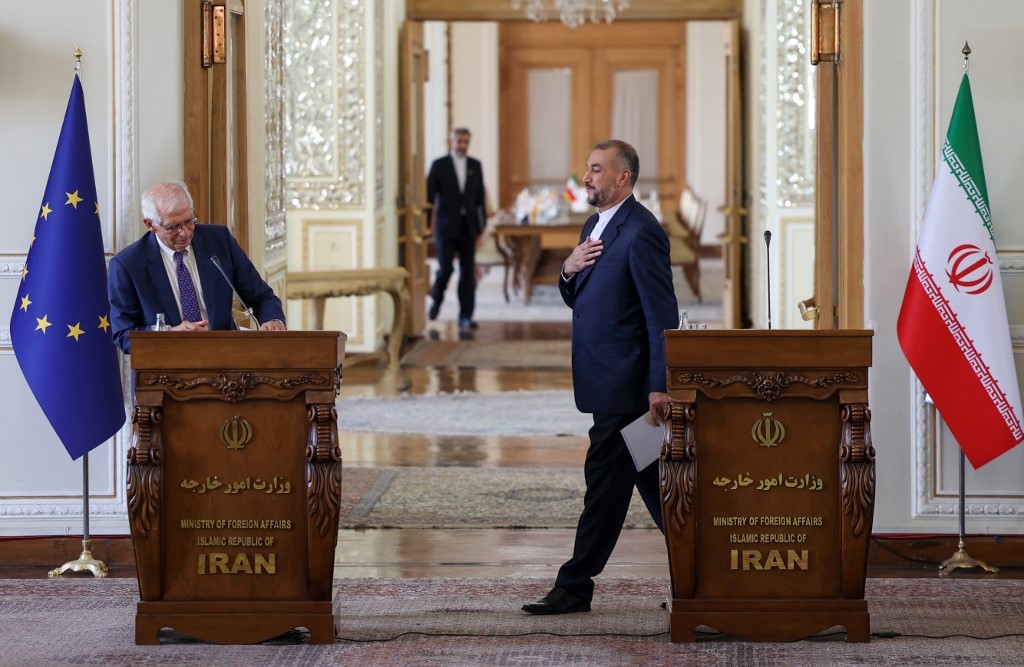
Israel does not anticipate a renewal of Iran's nuclear deal with world powers before the US midterm elections in November, an Israeli official said on Sunday, after European parties to the negotiations voiced frustration with Tehran.
Israel supported then-US President Donald Trump's withdrawal from the Obama-era nuclear deal in 2018 but deemed the move too limited. Now, it has been advocating against a re-entry to the deal sought by the current US administration and its European partners, which stood firmly against the withdrawal.
New MEE newsletter: Jerusalem Dispatch
Sign up to get the latest insights and analysis on Israel-Palestine, alongside Turkey Unpacked and other MEE newsletters
On Saturday, Britain, France and Germany said they had "serious doubts" about Iran's intentions after it tried to link a revival of the deal with a closure of UN watchdog probes into uranium traces at three of its nuclear sites.
Tehran called the European statement "unconstructive".
"At this point in time, it appears that a nuclear agreement with Iran will not be signed at least until after the (US) midterm elections," the Israeli official told reporters on condition of anonymity.
Some Israeli commentators saw the remark as anticipating reluctance by US President Joe Biden to enter a deal close enough to the vote for Republican rivals to use it in their domestic campaigns against his Democratic Party.
Briefing the Israeli cabinet on Sunday, Prime Minister Yair Lapid thanked the European powers "for their forthright stand".
"Israel is conducting a successful diplomatic drive to halt the nuclear deal and prevent the lifting of sanction on Iran," he said. "It's not over yet. The road is long. But there are encouraging signs."
Iran, which denies seeking nuclear arms, has since the US walkout itself breached the 2015 deal with ramped-up uranium enrichment, a process that can create bomb fuel down the line.
Israel is not a party to the Vienna talks. But its worries about Iran and threats to take military action against its arch-foe if it deems diplomacy a dead end keep Western capitals attentive.
Middle East Eye delivers independent and unrivalled coverage and analysis of the Middle East, North Africa and beyond. To learn more about republishing this content and the associated fees, please fill out this form. More about MEE can be found here.


